Vision
To impart quality higher education in the field of Electrical and Electronics Engineering and to create globally competent engineers with aptitude for research, innovation and entrepreneurship and prepare them to serve the industrial and societal needs.
Mission
- To fortify students with sound technical competency by providing state of the art teaching and learning.
- To impart industry oriented training to enable students to meet day-to-day changes of the field.
- To increase the employability and entrepreneurship skills of students through personality development programmes and soft-skills training.
- To provide good research atmosphere that would enable students and faculties with opportunities to do research, consultancy and constructive contribution and to be of ethical value to the society.
Programme Educational Objectives (PEOs)
Programme Outcomes (POs) & Programme Specific Outcomes(PSOs)
PROGRAMME OUTCOME (POs)
- PO1: Engineering knowledge: Apply the knowledge of mathematics, science, engineering fundamentals, and an engineering specialization to the solution of complex engineering problems.
- PO2: Problem analysis: Identify, formulate, research literature, and analyze complex engineering problems reaching substantiated conclusions using first principles of mathematics, natural sciences, and engineering sciences.
- PO3: Design/development of solutions: Design solutions for complex engineering problems and design system components or processes that meet the specified needs with appropriate consideration for the public health and safety, and the cultural, societal, and environmental considerations.
- PO4: Conduct investigations of complex problems: Use research-based knowledge and research methods including design of experiments, analysis and interpretation of data, and synthesis of the information to provide valid conclusions.
- PO5: Modern tool usage: Create, select, and apply appropriate techniques, resources, and modern engineering and IT tools including prediction and modeling to complex engineering activities with an understanding of the limitations.
- PO6: The engineer and society: Apply reasoning informed by the contextual knowledge to assess societal, health, safety, legal and cultural issues and the consequent responsibilities relevant to the professional engineering practice.
- PO7: Environment and sustainability: Understand the impact of the professional engineering solutions in societal and environmental contexts, and demonstrate the knowledge of, and need for sustainable development.
- PO8: Ethics: Apply ethical principles and commit to professional ethics and responsibilities and norms of the engineering practice.
- PO9: Individual and team work: Function effectively as an individual, and as a member or leader in diverse teams, and in multidisciplinary settings.
- PO10: Communication: Communicate effectively on complex engineering activities with the engineering community and with society at large, such as, being able to comprehend and write effective reports and design documentation, make effective presentations, and give and receive clear instructions.
- PO11: Project management and finance: Demonstrate knowledge and understanding of the engineering and management principles and apply these to one’s own work, as a member and leader in a team, to manage projects and in multidisciplinary environments.
- PO12: Life-long learning: Recognize the need for, and have the preparation and ability to engage in independent and life-long learning in the broadest context of technological change.
PROGRAMME SPECIFIC OUTCOME (PSOs)
- PSO 1: Learners can apply the knowledge acquired in the field of Electrical and Electronics Engineering to Analyze, Design, and solve problems in various systems.
- PSO 2: Graduates can develop sustainable solutions for societal requirements by choosing future ready methods.
Curriculum & Syllabus 2018
CURRICULUM & SYLLABUS
MINIMUM CREDITS TO BE EARNED: 134
| Category | Course | Hours/Week | Credits | Maximum Marks | ||||
|---|---|---|---|---|---|---|---|---|
Lecture | Tutorial | Practical | CA | SEE | Total |
|||
BSC | Chemistry | 3 | 1 | 0 | 4 | 40 | 60 | 100 |
BSC | Mathematics – I (Calculus and Differential Equations) | 3 | 1 | 0 | 4 | 40 | 60 | 100 |
ESC | Programming for Problem solving | 3 | 0 | 0 | 3 | 40 | 60 | 100 |
| BSC | Chemistry Laboratory | 0 | 0 | 4 | 2 | 40 | 60 | 100 |
ESC | Programming for problem solving Laboratory | 0 | 0 | 4 | 2 | 40 | 60 | 100 |
| ESC | Workshop/Manufacturing Practices | 1 | 0 | 4 | 3 | 40 | 60 | 100 |
| Total | 10 | 2 | 12 | 18 |
Curriculum & Syllabus 2022
CURRICULUM & SYLLABUS
MINIMUM CREDITS TO BE EARNED: 134
| Category | Course Title | Hours/Week | Maximum Marks | |||||
|---|---|---|---|---|---|---|---|---|
| Lecture | Tutorial | Practical | Credits | CA | SEE | Total | ||
| BSC | Chemistry | 3 | - | - | 3 | 40 | 60 | 100 |
| BSC | Mathematics – I(Calculus and Differential Equations) | 3 | 1 | - | 4 | 40 | 60 | 100 |
| ESC | Programming for Problem solving | 3 | - | - | 3 | 40 | 60 | 100 |
| ESC | Basics of civil and Mechanical Engineering | 3 | - | - | 3 | 40 | 60 | 100 |
| ESC | Workshop/Manufacturing Practices | 1 | - | 4 | 3 | 40 | 60 | 100 |
| BSC | Chemistry Laboratory | - | - | 2 | 1 | 40 | 60 | 100 |
| ESC | Programming for problem solving Laboratory | - | - | 2 | 1 | 40 | 60 | 100 |
| MC | Student Induction Program | - | - | - | - | - | - | - |
| MC | Universal Human ValuesUnderstanding harmony | 2 | - | - | - | - | - | 100 |
| Total | 15 | 1 | 8 | 18 |
Eligibility Criteria
| Criteria for Merit | Program Duration (Year) | Eligibility | Criteria for Merit |
|---|---|---|---|
| B.Tech. Electrical and Electronics Engineering | "4 Years (8 Semesters)" | "First Year: Passed 10+2 examination with Physics/ Mathematics/ Chemistry/ Computer Science/ Electronics/ Information Technology/ Biology/ Informatics Practices/ Biotechnology/ Technical Vocational subject/ Agriculture/ Engineering Graphics/ Business Studies/ Entrepreneurship as per table 8.4 Agriculture stream (for Agriculture Engineering) Obtained at least 45% marks (40% marks in case of candidates belonging to reserved category) in the above subjects taken together. OR Passed D.Voc. Stream in the same or allied sector. (The Universities will offer suitable bridge courses such as Mathematics, Physics, Engineering drawing, etc., for the students coming from diverse backgrounds to prepare Level playing field and desired learning outcomes of the programme) Lateral Entry (to Second Year) Passed Minimum THREE years / TWO years (Lateral Entry) Diploma examination with at least 45% marks (40% marks in case of candidates belonging to reserved category) in ANY branch of Engineering and Technology. OR Passed B.Sc. Degree from a recognized University as defined by UGC, with at least 45% marks (40% marks in case of candidates belonging to reserved category) and passed 10+2 examination with Mathematics as a subject. OR Passed B.Voc/3-year D.Voc. Stream in the same or allied sector. (The Universities will offer suitable bridge courses such as Mathematics, Physics, Engineering drawing, etc., for the students coming from diverse backgrounds to achieve desired learning outcomes of the programme)" | Merit based on Vels Entrance Examination and percentage of mark secured in the qualifying examination |
Career Prospects
CAREER PROSPECTS
- Assistant Engineer
- Junior Engineer
- Quality Engineer
- Automation Engineer
- Control and instrumentation engineer
- Electrical engineer
- Electrical Design Engineer
- Manufacturing Systems Engineer
- System Analyst
- IT Consultant
- Professors in Colleges and Universities
Alumni Testimonials

I am Mariappandurai completed B.E – Electrical and Electronics Engineering in the year 2014, from Vels University. Vels University enriched me with technical skills and provided me a platform to realize my potential and to make the best use of it. The mixture of classroom, extracurricular, cultural and societal activities are very helpful to shape the students as distinctive personnel. It is due to the quality of the education i received at Vels, today i am working as a Technical Lead, COLT Technologies Pvt. Ltd, Bangalore.
Mariappandurai (B.E Electrical and Electronics Engineering), 2010 - 2014
Technical Lead

My four years at Vels University have been excellent and a memory to cherish for the lifetime. The multi disciplinary environment offered by the university molded me as a globally competent engineer in the field of Electrical and Electronics Engineering with an attitude for research and service to the society. I thank Vels University for providing a high quality education to solve engineering problems through state of the art learning environment.
Domesan Sampath (B.E Electrical and Electronics Engineering), 2013 – 2017
Tech Lead – Software, VVDN Technologies Pvt. Ltd
Fee Structure
| Tuition Fee 2024 - 2025 (Per Sem) | Other Fee (Per Sem) | Total Fee 2024 - 2025 (Per Sem) |
|---|---|---|
| 32,000 | 28,000 | 60,000 |
Faculty of the Department
| S.No | Name of the Faculty | Designation | Educational Qualification | Area of Specialization | Experience in Years | Vidwan ID | Photos |
|---|---|---|---|---|---|---|---|
| 1 | Dr.Sasikala.K | Associate Professor and HOD | M.E., Ph.D | Power Electronics and Drives | 16 years | 250922 | 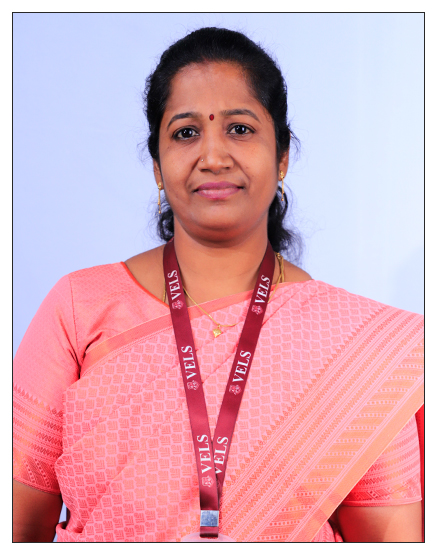 |
| 2 | Dr.Shanmugasundaram.N | Associate Professor | M.E, Ph.D | Power Electronics and Drives | 21 Years | 251482 | 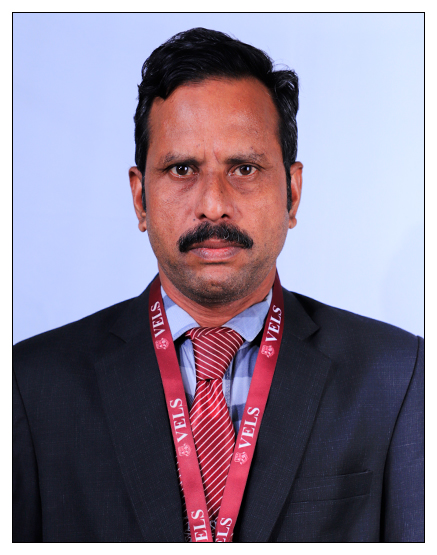 |
| 3 | Dr.Premila.T.R | Associate Professor | M.E.,Ph.D | Process Control and Instrumentation | 17 years 6 month | 251555 | 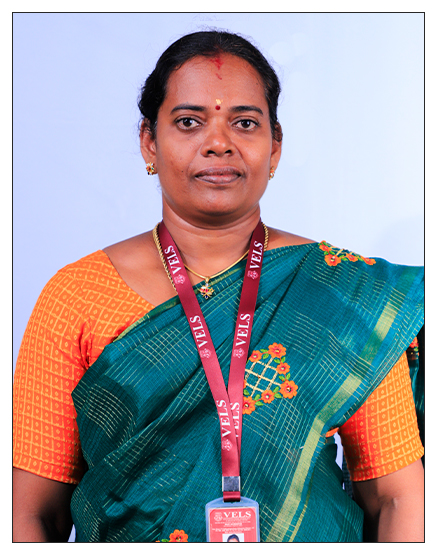 |
| 4 | Dr.Rubini.B | Assistant Professor | M.E, Ph.D | Power Systems | 13 years | 232767 | 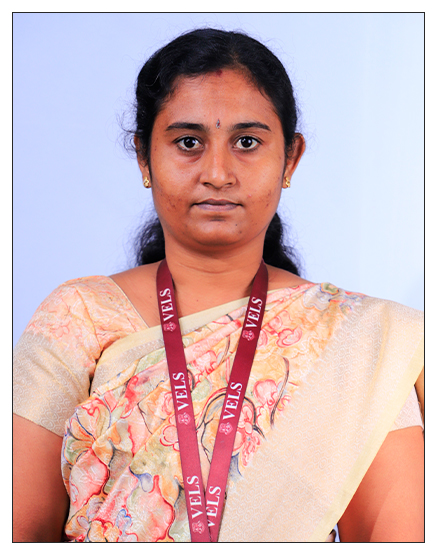 |
| 5 | Dr.Wisemin Lins.A | Assistant Professor | M.Tech,Ph.D | Power Electronics and Drives | 11 years 5 months | 251499 | 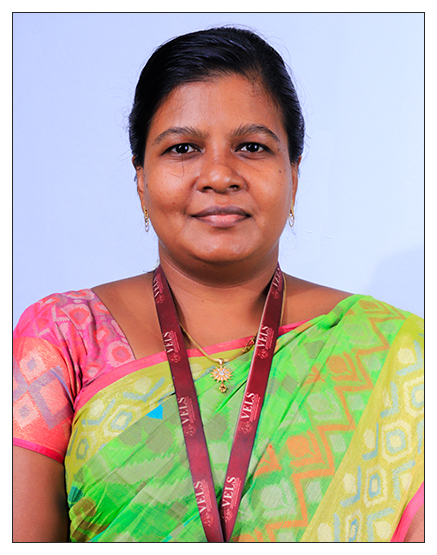 |
| 6 | Dr.Janaki.N | Assistant Professor | M.Tech.,Ph.D | Power Electronics and Drives | 10 years 6 months | 251232 | 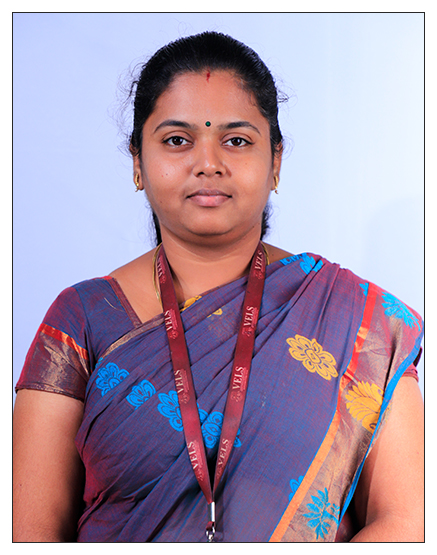 |
| 7 | Dr.Manoj.S | Assistant Professor | M.E,Ph.D | Power Electronics and Drives | 9 years 10 months | 250904 | 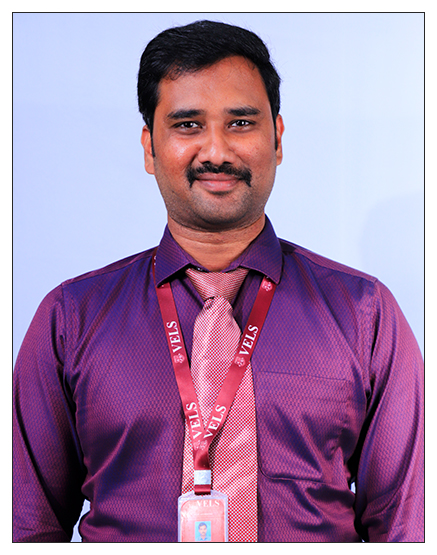 |
| 8 | Dr.Pradeep Kumar.S | Assistant Professor | M.E, Ph.D | Power Electronics and Drives | 12 years | 173335 | 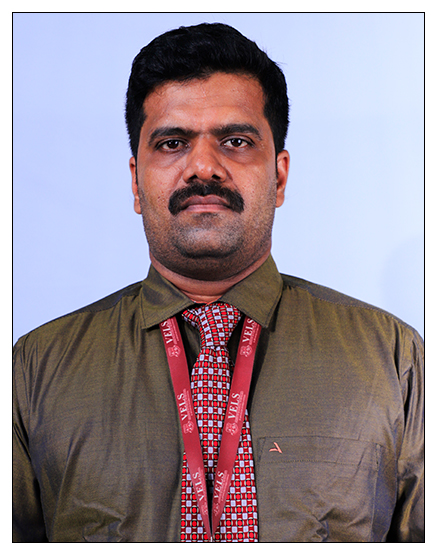 |
| 9 | Dr.Vijayaraj.S | Assistant Professor | M.E., Ph.D., | Power Systems | 11 years | 290457 | 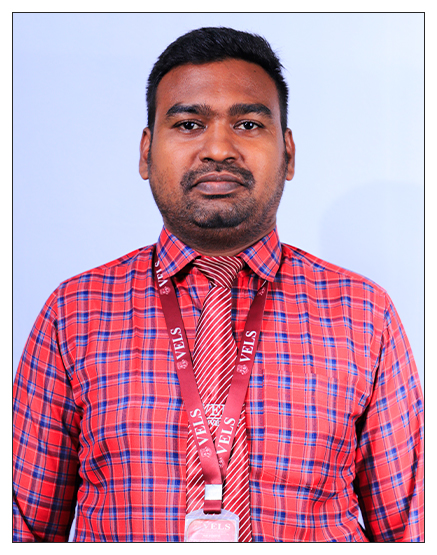 |
| 10 | Dr.Sushita.K | Assistant Professor | M.E.,Ph.D | Control Systems | 8 years 7 months | 251510 | 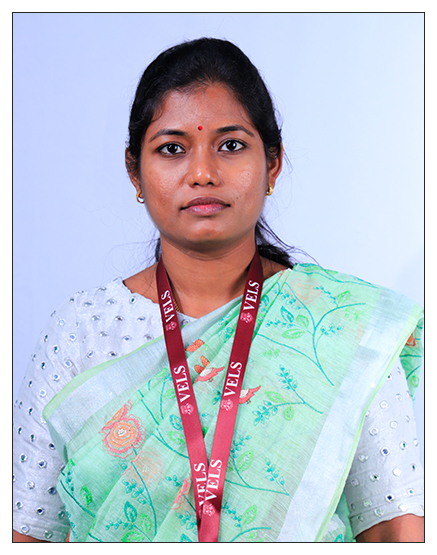 |
| 11 | Ms.Debarchita Mishra | Assistant Professor | M.Tech.,(Ph.D) | Control Systems | 14 years | 251510 | - |
